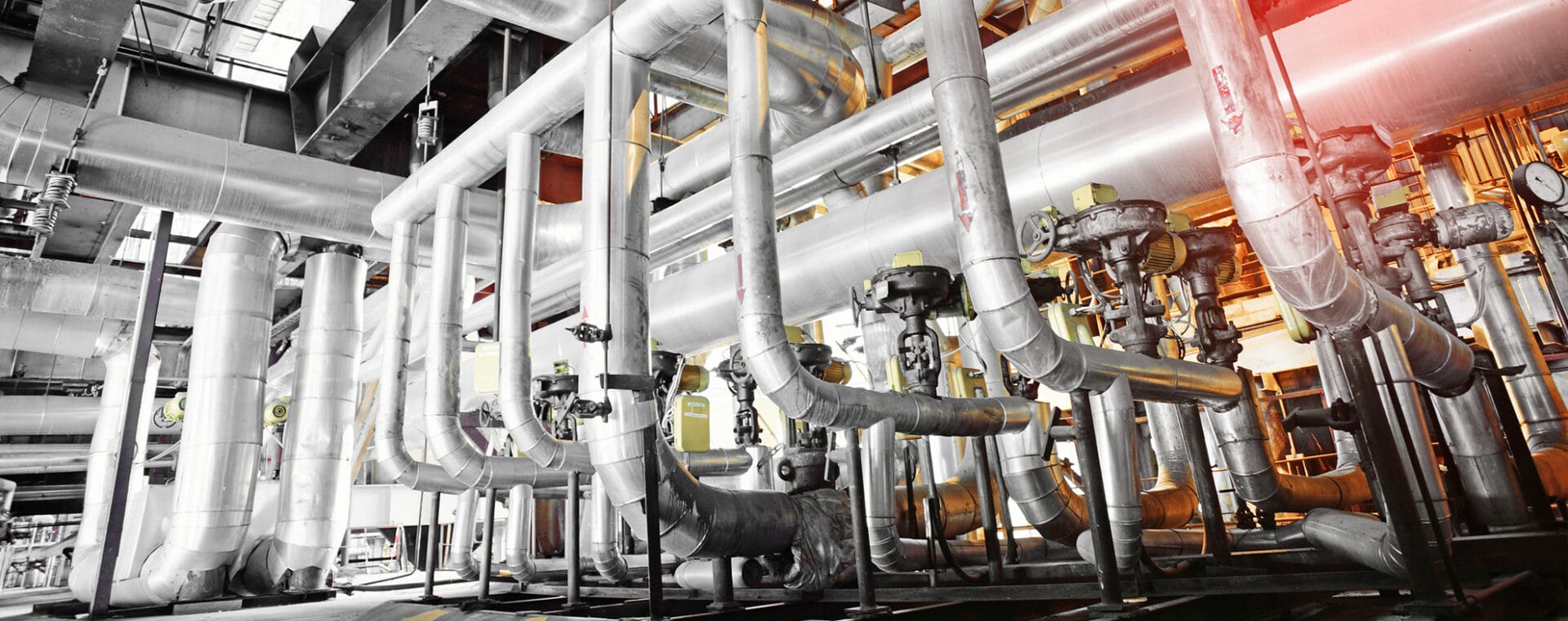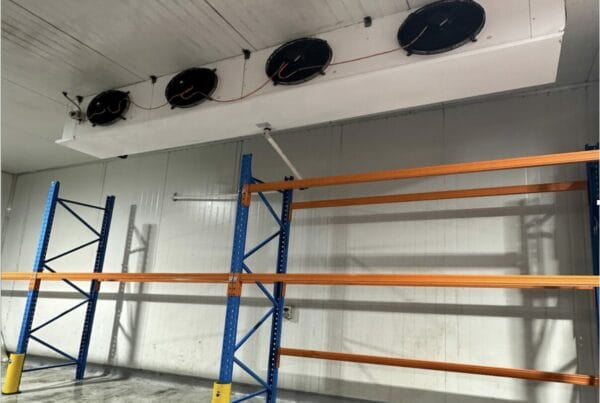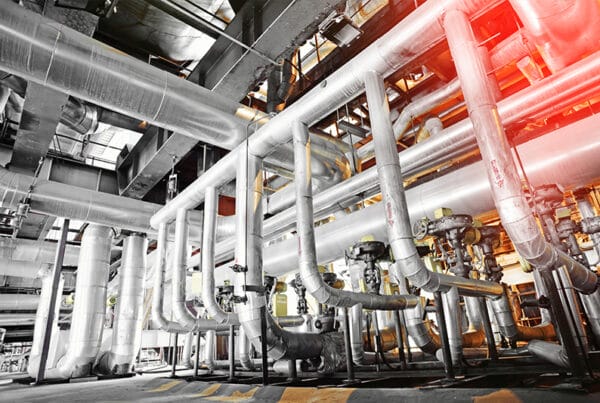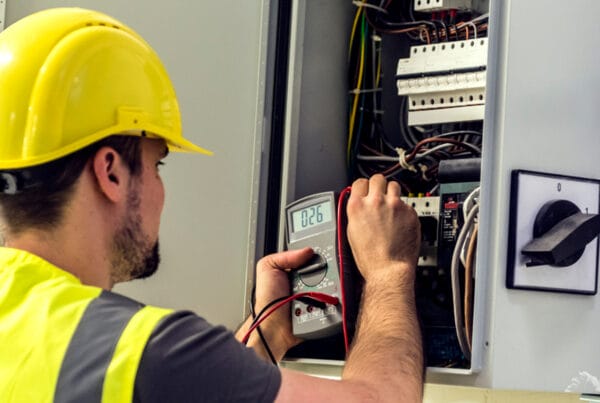Last Updated on November 15, 2023 by Jason
In Sydney homes and buildings, evaporative cooling and refrigerated air conditioning are two common cooling methods. The main variations between the two are as follows:
Evaporative cooling employs water evaporation to chill the air, whereas refrigeration-based air conditioning uses a refrigerant to remove heat from the air.
Humidity: Evaporative cooling increases humidity whereas refrigerated air conditioning can take it away. This means that evaporative cooling may be more efficient in dry settings, whilst refrigerated air conditioning may be better suited to high humidity locations.
Energy Efficiency: Evaporative cooling uses less electricity to run than refrigerated air conditioning, making it generally more energy efficient. In humid areas, evaporative cooling is less efficient.
Initial Cost: Because it requires a more complicated system than evaporative cooling, refrigerated air conditioning is often more expensive to install.
Regular maintenance is necessary for both systems to keep them running as efficiently as possible, however evaporative cooling requires more frequent maintenance due to the requirement for frequent filter replacements.
Climate Suitability: The efficiency of a cooling system can vary depending on the climate in Sydney. Sydney's climate is generally mild, however the summers can be particularly humid. Evaporative cooling may be less successful in Sydney due to the high humidity levels throughout the summer, however refrigerated air conditioning may be more effective due to its capacity to lower humidity and keep a constant temperature.
In conclusion, a decision between refrigerated air conditioning and evaporative cooling in Sydney will be influenced by a variety of variables, including the local climate, humidity, energy efficiency, initial cost, and personal preferences of the homeowner or building owner. Both methods offer benefits and drawbacks, and the best option will depend on the user’s particular requirements.





